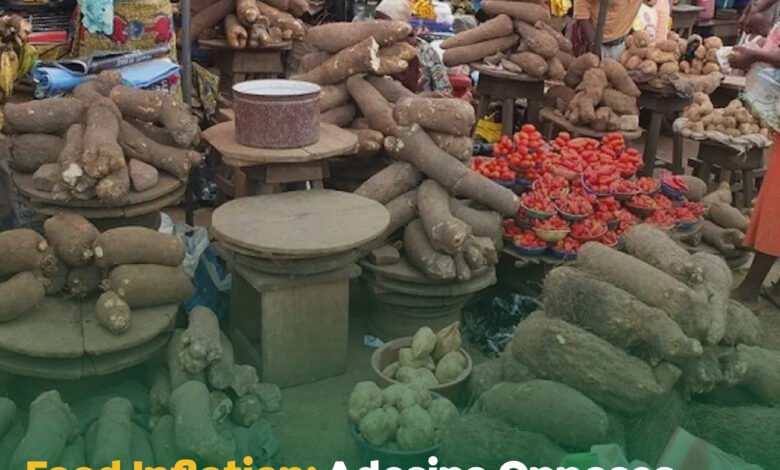
Nigeria’s government decision to suspend duties, tariffs, and taxes on major food items like beans, wheat, and husked brown rice has drawn both support and criticism.
One of the few voices against the bold initiative, President of the African Development Bank and former minister of Agriculture, criticises the move as depressing and potentially damaging to the nation’s food sufficiency plan.
He disclosed this while speaking on the theme “Food security and financial sustainability in Africa: The role of the Church.
Adesina argued that the move by the FG would only address short-term food price hikes in the country.
“Nigeria’s recently announced policy to open its borders for massive food imports, just to tackle short-term food price hikes, is depressing.” he stated, “Nigeria cannot rely on the importation of food to stabilize prices. Nigeria should be producing more food to stabilize food prices while creating jobs and reducing foreign exchange spending, which will further help stabilize the naira.” He added.
Counter Arguments
While Adesina’s concerns are valid, the immediate crisis demands swift action.
Analysts counter that Adesina’s critique may not fully consider the urgency of the crisis. Climate change, insecurity, and the lingering effects of petrol subsidy removal and naira devaluation have severely impacted food production. In the short term, imports may be necessary to address food shortages.
“The federal government suspension of duties, tariffs, and taxes on those staple foods is only for 150 days”, Kabir Maraba, a farmer, contended. “Once the ultimatum lapses, we go back to the status quo but with a defeated inflation rate.”
He further said that the federal government would have considered all other options that could help mitigate the surging food inflationary trends before resorting to the latest move which seems the most viable to bring the desired result.
Rocket prices
Predictably, food inflation increased in June 2024 compared to the rate observed in May 2024.
“On a month-on-month basis, the Food inflation rate in June 2024 was 2.55%, which shows a 0.26% increase compared to the rate recorded in May 2024 (2.28%),” the Consumer Price Index report indicated.
This increases in food prices, is putting significant strain on households and the government’s aim is to provide immediate relief by increasing food availability and curbing price hikes.
When President Tinubu came into power last year, he had declare a state of emergency on food insecurity due to the continuous surge in the prices of goods and services.
Balancing quick & long term solutions
The Minister of Agriculture, Abubakar Kyari has defended this latest policy as a measure to bridge the immediate food gap.
He emphasized that the 500,000 metric tons of imported wheat and maize will be distributed to small-scale processors and millers, potentially stimulating domestic production capacity.
Kyari highlighted the government’s commitment to other long-term solutions.
The Ministry of Agriculture announced a concurrent plan to invest in local production. This includes measures to improve fertilizer availability, tackle insecurity in farming communities, and provide better storage facilities to minimize post-harvest losses.
Analysts believe these latest measures are part of the broader efforts to address the increase in food prices and should be supported to yield the best possible results.





